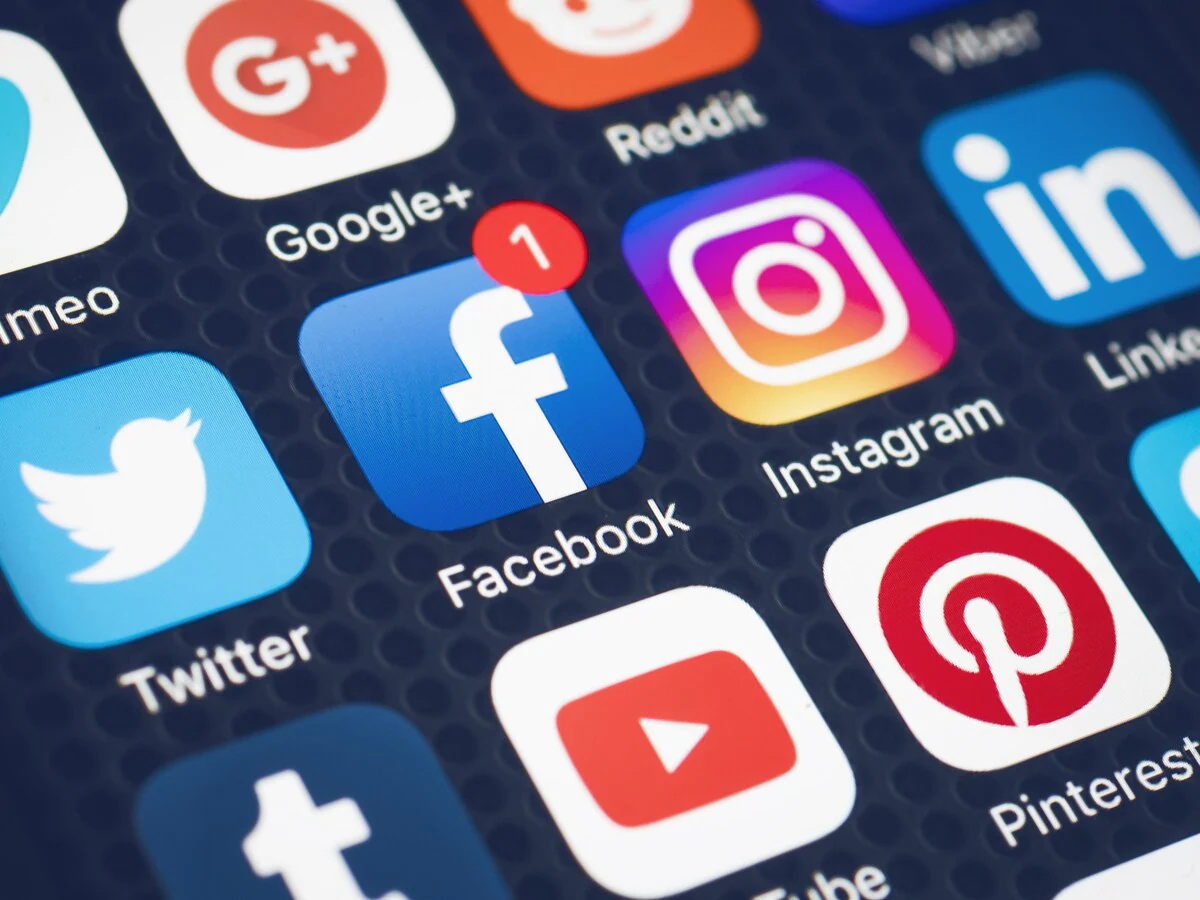The United States government has launched a strict policy that makes visa applicants submit to mandatory social media screenings. According to orders from Secretary of State Marco Rubio, embassy officials are charged with examining applicants' social media history, including social media platforms such as Facebook, Instagram, and X (formerly Twitter). The action is aimed at determining who might present security threats or express anti-U.S. or anti-Israel sentiments, fundamentally changing the process of granting visas.
Policy Overview:
-
Social media monitoring is now required for some visa applicants, such as students and exchange visitors.
-
Applicants are required to provide their social media usernames on immigration forms; passwords are not asked for.
Purpose of Monitoring:
-
To keep out individuals suspected of disparaging the U.S. or Israel or aiding and abetting prohibited groups like Hamas and Hezbollah.
-
The Department of Homeland Security (DHS) seeks to increase fraud detection and thwart identity theft.
Affected Groups:
-
Applicable to student visa holders, green card applicants, and permanent residents.
-
More than 450 student visas have already been canceled based on social media activity.
Rules for Applicants:
-
Clean up and review social media history, deleting posts that can raise red flags.
-
Maintain consistency between online profiles and official records.
-
Steer clear of politically charged content or prohibited groups online.
Issues Raised:
-
Critics say the policy violates free speech and increases government surveillance.
-
Immigration specialists advise against misreading innocuous tweets, which can result in rejection of visas.
Historical Background:
Social media screening started under President Obama in 2014 but has greatly increased under the administration of President Trump in 2025.
Sources: Times Now News, Economic Times, Times of India, Business Standard, Hindustan Times
Stay Ahead – Explore Now!
No news available
